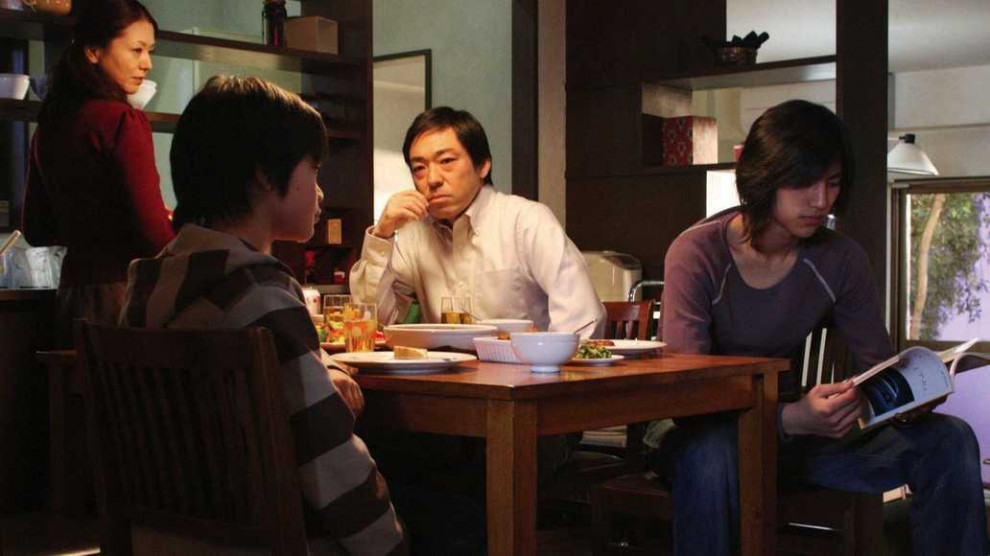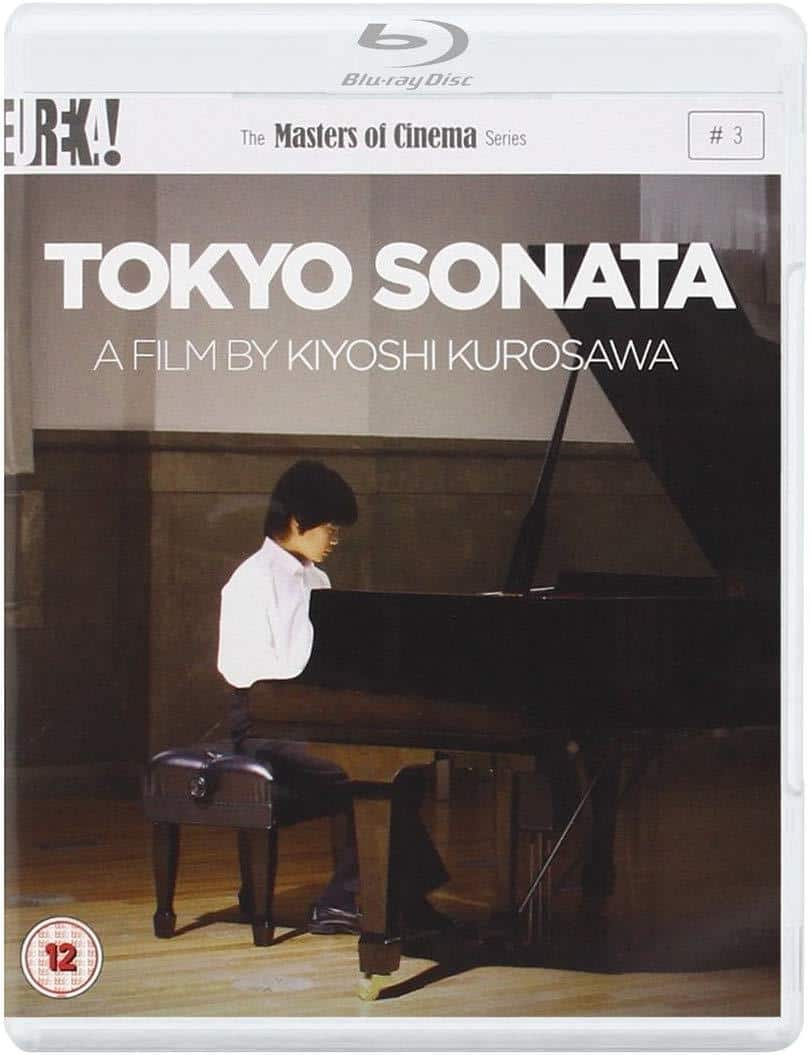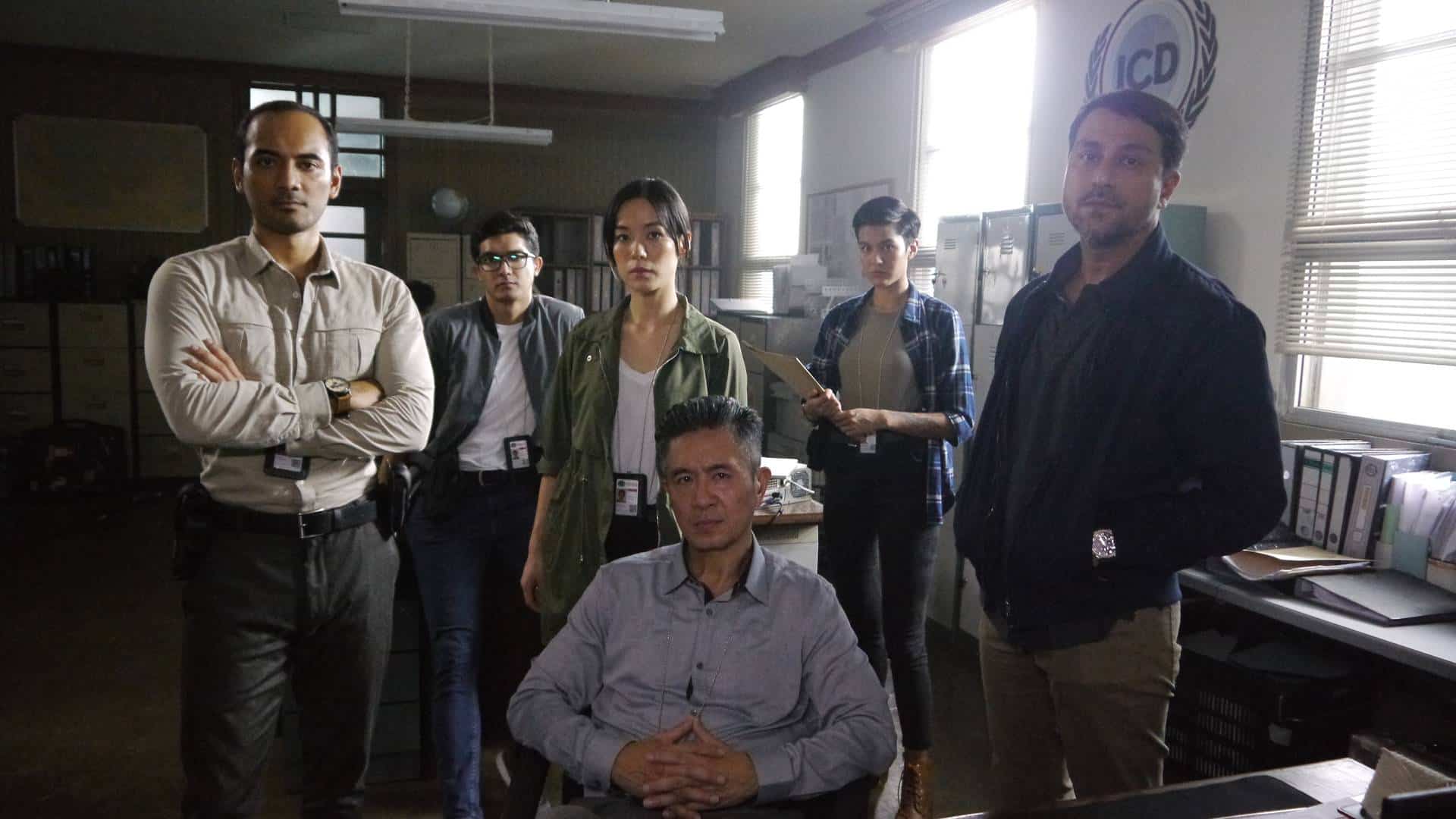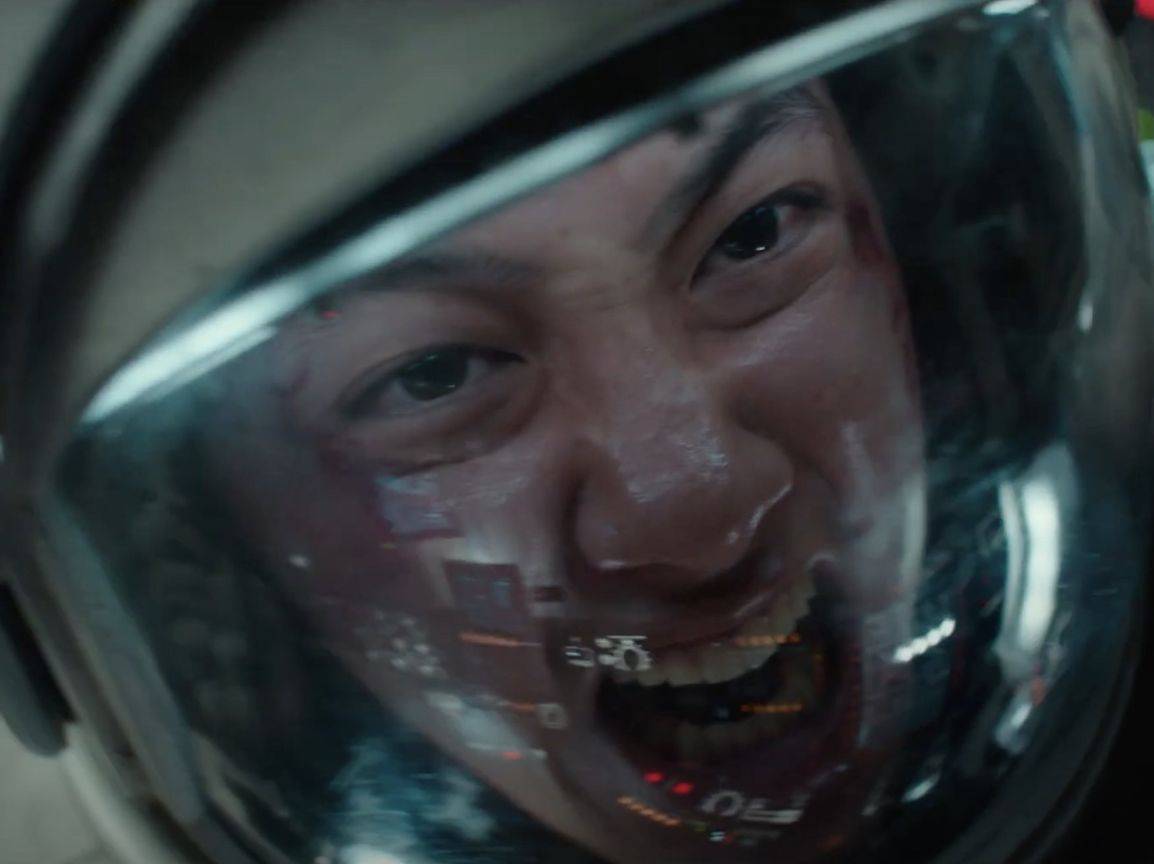Kiyoshi Kurosawa made a break from J-Horror to direct a family drama, thus resulting in a true masterpiece of the genre that won a number of awards, including the Jury Prize of the Un Certain Regard section in Cannes.
Buy This Title
The Sasakis are a middle class family, living a more or less regular life in Tokyo. Ryuhei, the father, is a successful senior member of a company with a more than adequate income. At some point, his company terminates his employment, thus resulting in the egress of the family's issues. Shamed by his dismissal, he keeps it a secret by hypocritically continuing his everyday routine. He actually goes to the employment agency in the morning and spends the remainder of the day roaming the streets, until the time he usually arrives home. He meets Kurosu, another individual like him, who explains that there are many men in this situation and even shows him some tricks to better conceal that fact.
His younger son, Kenji, decides to begin piano lessons. However, Ryuhei doesn't believe in art and denies him tuition, greatly distressing both the boy and his spouse, Megumi. The older son, Takashi, facing the spectrum of unemployment and not being able to cope with his father's repression, decides to enlist to the American armed forces. When he asks for Ryuhei's signature, he declines once again.

Using utter realism, Kurosawa presents the hardships a family faces in the middle of the financial crisis, similar to the same bitter truth Sam Mendes showed in “American Beauty”. However, the consequences, equally on a practical and a psychological level, are even worse for the Japanese male population in particularly, who actually define themselves through their work and their financial capacity. Ryuhei, a genuine “respresentative” of patriarchy, losing the role of the leader-provider after his firing, finds himself completely lost and without any kind of purpose, essentialy trying to hold onto any kind of authority he has left upon his family by reacting negatively in every change in their lives they try to make. Furthermore, Kurosawa uses both him and Megumi in order to show that the real, radical change only comes when someone hits rock bottom, in probably the most shocking part of the film.
Just like the parents, the two siblings are also “used” as archetypes. Takashi represents the dead end young people faced at the time, both due to the financial crisis and the patriarch/authoritative behaviour of the previous generation, and the extreme decisions they led them into. On the other hand, Kenji symbolizes hope, in a wonderfully presented comment that seems to say that if we let kid's creativity loose they could achieve great things, and also hope, as a way out of any kind of crisis.
The acting on the film is of the highest level. Teruyuki Kagawa gives his greatest performance as Ryuhei, highlighting the many different levels of his character in the best way. Kyoko Koizumi as Megumi completes his perfectly, while showing her hidden disappointment, even despair quite convincingly. Kai Inowaki as Kenji Sasaki occasionally steals the show, while Yu Koyanagi as Takashi depicts his overall disgust about his father and society and the detachment that have led him into in the best way. Lastly, Koji Yakusho is as great as ever in a rather small but very significant role.
Akiko Ashizawa's cinematography follows the rules of the Japanese indie drama, focusing on realism without particular exaltation, although the scenes by the sea are extremely beautiful. At the same time, he succeeds in portraying the distance created between the father and the rest of the family members, through a number of very meaningful frames. The same applies to Koichi Takahashi's editing, who implements a relatively slow pace that allows Kurosawa to explore his themes and characters thoroughly.
“Tokyo Sonata” is a masterpiece, one of the best contemporary family dramas of all time and a must-see of all fans of cinema
















